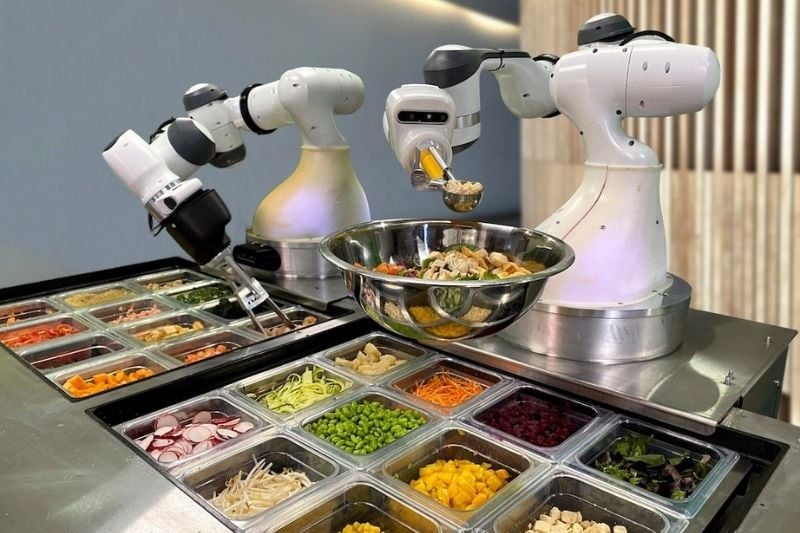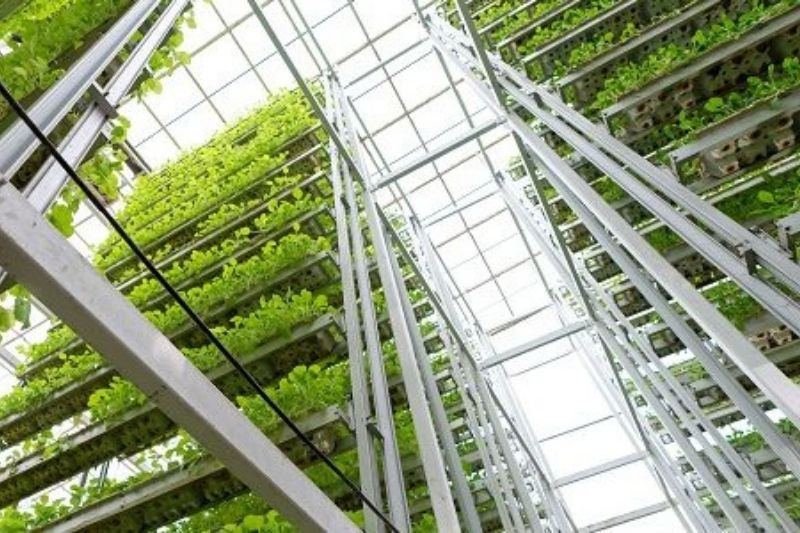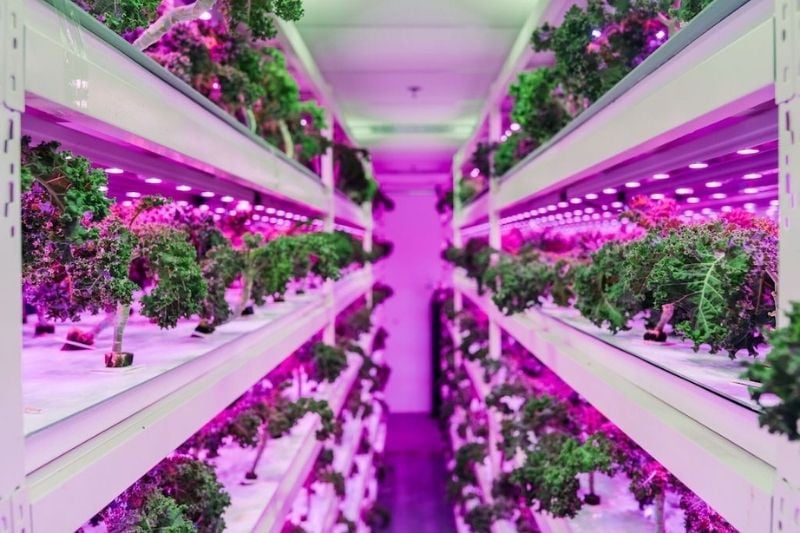Global food demand is growing, but food supply is struggling to compete, due to dwindling resources, urbanisation, climate change, and water shortage. AgriTech, the sector solving this problem, is on the rise. To learn more about why APAC holds huge investment opportunities in AgriTech in Singapore especially, read our quick guide. In this instalment we’re diving into Singapore, its background facts, points to note, and startups to watch for.
Singapore has the hallmark food challenges of a small island state. Historically, Singapore has chosen to use its limited land and water for higher-value economic activities rather than food production. Since the 1950s, agriculture has made up less and less of the national GDP; in the 1980s, government policy limited all farming to ~1% of land area. As a result, Singapore imports more than 90% of its food. Its strategy for food security has been to secure economic growth in order to sustain importing food from a geographically vast array of sources, and to collaborate with neighbours to produce food abroad which then gets exported back. Singapore has also successfully converted their 1% of farming land into efficient agro-technology parks that produce around 10% of the country’s food needs.

Sungei Kadut district will be transformed into a hub for growth industries centred around green technology, such as AgriTech.
But the 2007–2008 recession, and now the Covid-19 pandemic, have exposed the dangers of heavy import reliance, resulting in an urgent change of national priorities. Importing food also generates significant carbon emissions and food waste. Singapore’s vision from 2019 onwards is “30 by 30”: they aim to produce 30% of its nutrition needs locally by 2030. The policy reduces Singapore’s import reliance and carbon footprint, as well as puts the country at the front of the pack in terms of investing in AgriTech.
Realistically, a small island state is limited in how much it can produce. Natural resources-constrained countries who try to self-produce lose out on comparative advantage, especially when it comes to “extensive crops” such as rice and wheat. This means the focus will be on producing food items which do not require much land, water, or labour. As Singapore’s strengths are in technology and capital, the emphasis is on high-technology urban farming and aquaculture, future food (like plant-based protein or cellular meat), and STEM innovations in farming and food processing.
There is already a well-supported startup ecosystem for these areas. SGD $144 million (USD $101M) is budgeted for investment in the agriculture and food sectors, with tax incentives for foreign direct investment as well. An extra SGD $30 million (USD $21M) was added after the Covid-19 pandemic, to boost local production of vegetables, eggs and fish.
Singapore-Based Startups to Watch
Augmentus
Founded by engineers who previously developed robotics solutions for multinational corporations, Augmentus is a full-stack, no-code robotic automation platform. This means that even an urban farmer- someone with no robotic experience- can build their own robotic system to automate harvesting, inspection, and pollination processes.
AuroraFood
AuroraFood is a FoodTech startup that offers a patented technology that was developed over 8 years in the National University of Singapore. The technology enables a slow sugar release which lowers the glycaemic index (GI), meaning that baked goods and desserts can be made healthier and more diabetic-friendly without having to use any sugar alternatives. They aim to adopt a B2B model and sell to foodservice chains.
Shandi Global
Shandi Global is a startup that creates plant-based meat in a different way to most other manufacturers. Instead of adding flavours and binders to plant proteins, the process involves a unique protein isolation method, “high performance chromatography,” which converts plants’ amino acids and makes them taste more like meat. A blend of proteins is used, with carbohydrate and fat levels adjusted to match the nutritional profile of real meat. A key part of its mission is to make plant-based meat affordable, and it is launching five plant-based chicken products at SG$2.80 (US$2.12) per 300-gram package, rivalling local market prices for natural chicken drumsticks. Plant-based sales are reaching an all-time high, globally and across Asia.
Singcell
SingCell is in the alternative protein space. It aims to provide BioTech and manufacturing services for companies making cultured meat. Using technology initially developed by Singapore’s national scientific research agency, they offer expertise and proprietary methods for efficiently culturing stem cells in large-scale bioreactors. This means they can help cell-based FoodTech companies scale up their manufacturing faster, at lower costs. These will contribute to lab-grown meat becoming a viable alternative to animal products. Singapore is also likely to be the first country where cell-based protein products will be approved.
Sky Greens
Founded by Jack Ng, Sky Greens is one of the world’s first large and commercially viable vertical farms, it grows vegetables with a patented system of racks and hydraulics: A-shaped frames fitted with growing troughs which rotate slowly to ensure that crops get an even exposure to sunlight, air circulation, water, and nutrients. It uses resources very efficiently and costs $3 a month to operate, with a very low carbon footprint. The energy required is equivalent to illuminating a 40 watt light bulb, water is recycled, and organic waste is composted and reused. They are looking ahead to export opportunities, with two confirmed deals in China.
Sustenir
Founded in 2013, Sustenir is an indoor vertical farming company that uses AI and LED lighting to produce crops in lab-controlled settings. Its technology allows non-native crops to be locally grown, reducing the need for foreign imports. This also means the crops’ shelf life can be extended despite the hot and humid climate, reducing food wastage. Sustenir has just expanded into a 30,000 sq ft facility in Hong Kong, producing two kinds of kale. After its latest round of series A funding, which attracted US$15.4 million in investment from venture capital firms including Grok Ventures and Tamesek Holdings, it hopes to launch even more urban vertical farms across Asian cities.
Now that we’ve covered AgriTech’s importance to Singapore, next up is Japan: the food challenges it faces, and the promising startups meeting them head-on.








